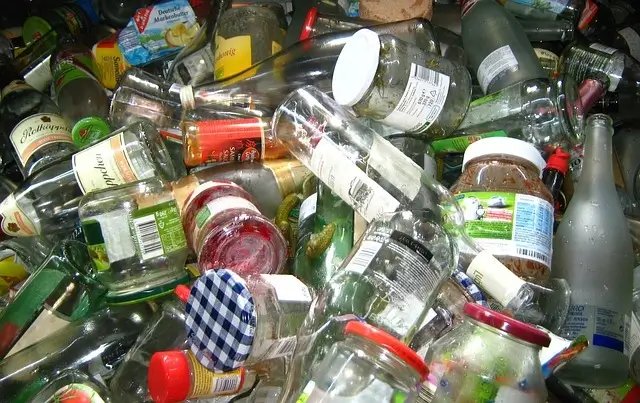
How Recycling Is Saving Our Planet
Recycling has become an essential part of our lives, and it significantly impacts our planet. Recycling helps turn waste into useful materials, conserve resources, reduce greenhouse gas emissions, and minimize our waste’s damage to nature.
However, only some understand the benefits of recycling, and some need help knowing where to begin. In this article, Vikki Gerrard La Crosse WI explores how recycling is saving our planet, the benefits of recycling, and how you can get started on the recycling journey.
Recycling Conserves Natural Resources
Recycling helps to conserve natural resources by reducing the need to extract raw materials from the environment. When you recycle paper, for example, you are conserving trees and saving energy and water.
Making paper from used paper is less energy-intensive than from wood pulp. Plus, recycling helps to conserve our natural habitats, which are rapidly disappearing due to deforestation.
Recycling is one of the most effective ways to conserve natural resources and protect our planet. By reusing materials that would otherwise end up in landfills, we reduce the need for new raw materials to be extracted and processed.
This means we can conserve natural resources such as water, minerals, and timber. Recycling aluminum, for example, uses 95% less energy than producing new aluminum from raw materials, which can significantly reduce greenhouse gas emissions.
Recycling and reusing materials save our planet, reduce our carbon footprint, and create a more sustainable future for future generations.
Recycling Reduces Greenhouse Gas Emissions
Recycling is more than just separating your plastic and paper from your trash. It’s a vital practice that’s making a significant impact on our planet’s health.
By recycling, we’re reducing greenhouse gas emissions, one of the main contributors to climate change. When we don’t recycle, waste ends up in landfills, where it can release harmful gases like methane into the atmosphere.
However, recycling can significantly reduce the amount of waste that goes to landfills and subsequently reduce the amount of greenhouse gases that enter the atmosphere. By understanding the role recycling plays in reducing carbon emissions, we can take the necessary steps to safeguard our planet and create a more sustainable future.
Recycling Creates Jobs
The benefits of recycling extend far beyond just reducing waste in landfills. Recycling has also proven to be a valuable source of job creation. The recycling industry employs millions worldwide, from collection and sorting to processing and manufacturing.
Vikki Gerrard La Crosse says by recycling materials such as paper, plastic, and metal, new products can be created that require skilled workers to produce. This not only creates jobs but also supports local economies.
Additionally, the recycling industry helps to reduce greenhouse gas emissions by using less energy than creating products from virgin materials. By recycling, we can support job growth while contributing to a safer, cleaner planet.
Recycling Helps To Save Energy
Recycling is not only a great way to reduce waste, but it also plays a vital role in conserving energy. By reducing the need to extract and process virgin materials, recycling helps save energy that would have been used in these activities. Additionally, recycling plastic can save up to 70% of the energy needed to produce new plastic materials.
With the increasing demand for energy and the constant depletion of natural resources, recycling has become essential in conserving vital resources and reducing our carbon footprint. By recycling, we help protect the planet and significantly contribute to our overall energy conservation efforts.
How To Get Started
Recycling has quickly become crucial to our everyday lives as we strive towards a greener future. Taking that first step in the recycling journey can seem daunting, but it’s simpler than you might think.
Start by identifying the items in your household that can be recycled, such as paper, plastics, aluminum, and glass. Once your recycling materials are sorted, determine your community’s recycling regulations.
Some towns or cities have specific recycling guidelines, such as only accepting certain types of plastics or requiring that materials be sorted in a particular way. Educating yourself about what can and can’t be recycled and local recycling rules is a great way to start your recycling journey. Remember, even small efforts can significantly impact protecting our planet.
Final Thoughts
Recycling is not only a simple but also an impactful way to contribute to saving our planet, as emphasized by Vikki Gerrard from La Crosse, WI. By engaging in recycling practices, we actively create a more sustainable future. Through recycling, we conserve precious natural resources, reduce harmful greenhouse gas emissions, stimulate job creation, and save valuable energy.
Now is the perfect time to start if you have yet to embark on your recycling journey. Take a mindful approach to the items you discard, and make a conscious effort to recycle as many of them as possible. Remember, even the smallest actions can yield significant results in our collective fight to preserve and protect our planet.
If You want to read more, visit. timesinform.com










